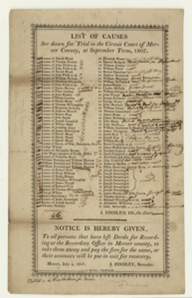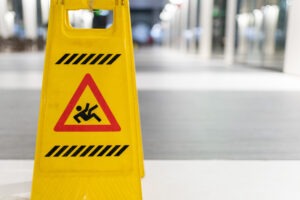
Premises liability cases arise when individuals suffer injuries on someone else’s property due to unsafe conditions or negligence. Our team of premises liability lawyers is committed to representing your interests, ensuring that property owners are held accountable for their failure to maintain a safe environment.
We understand the complexities of Connecticut’s premises liability laws and are dedicated to navigating these challenges on your behalf. Our expertise allows us to effectively assess your situation, identify the responsible parties, and pursue the compensation you deserve for your injuries and losses.
Choosing to work with our Scotland premises liability lawyers means entrusting your case to professionals who prioritize your recovery and legal rights. We meticulously investigate each incident, gathering the necessary evidence to build a compelling case that highlights the property owner’s negligence. Our approach is tailored to your unique circumstances, ensuring clear communication and comprehensive support throughout the legal process.
With our experienced team by your side, you can focus on healing while we concentrate on securing the best possible outcome for your claim.
To learn more about our services, contact a Scotland personal injury lawyer today.
Key Takeaways
- Premises liability refers to the legal responsibility of a property owner or occupier.
- Premises liability claims can arise from slip and fall accidents, inadequate security, dog bites, and hazardous conditions.
- Elements to establish in a premises liability lawsuit include duty of care, breach of duty, causation, and damages.
- A premises liability lawyer can provide assistance throughout the legal process, gather evidence, negotiate with insurance companies, and advocate for fair compensation.
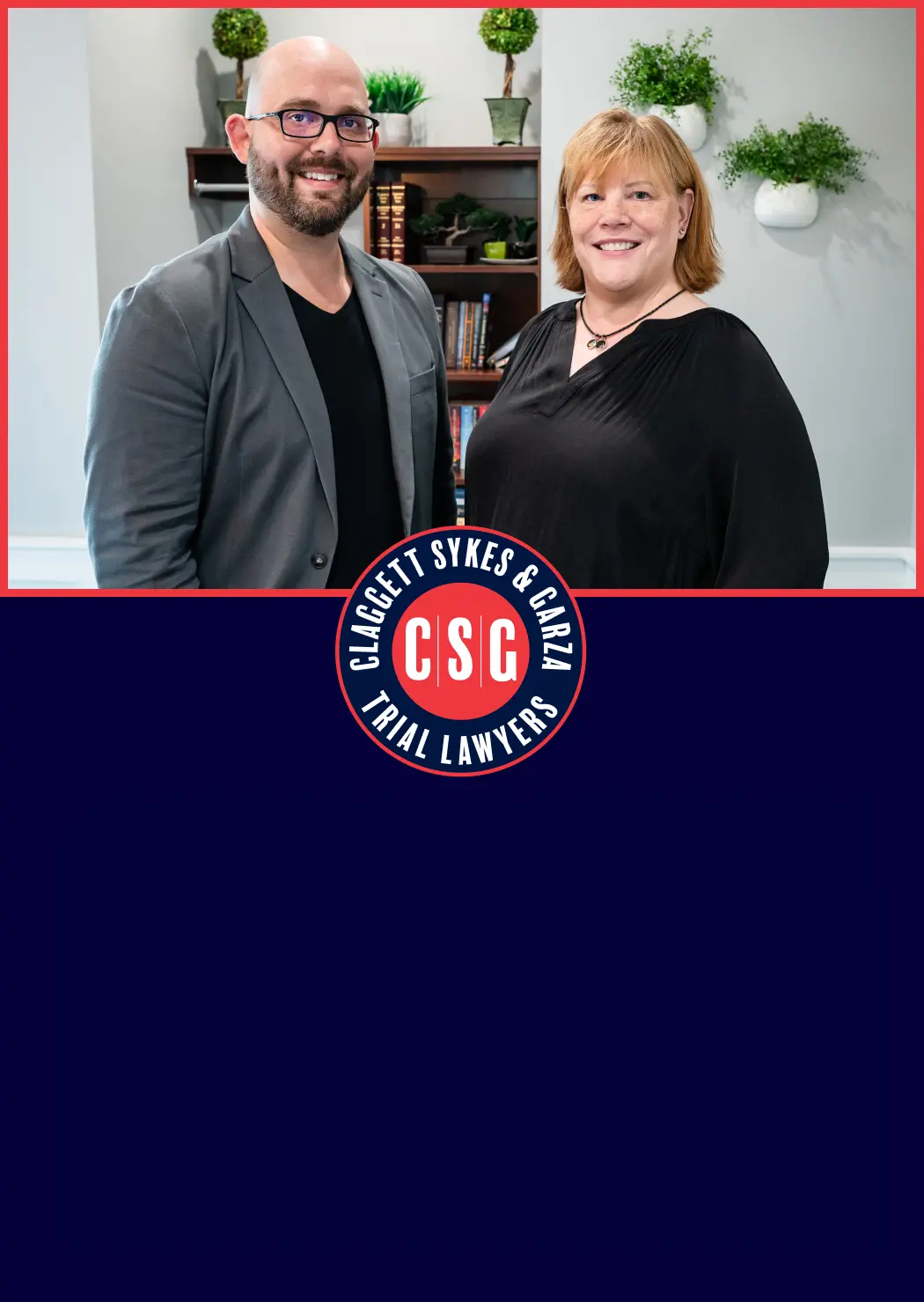
Get the Compensation You Deserve. Our Experienced Lawyers Can Help.
Understanding Premises Liability Laws in Connecticut
In Connecticut, premises liability laws are designed to protect individuals who suffer injuries on someone else’s property, ensuring that property owners are held accountable for maintaining a safe environment. These laws stipulate that property owners, whether residential or commercial, have a duty to ensure their premises are reasonably safe for visitors. Our Scotland, CT, premises liability lawyers are well-versed in these regulations and are prepared to help you understand your rights and the obligations of property owners under state law.
The scope of premises liability in Connecticut covers various situations, including slip and fall accidents, inadequate maintenance, insufficient security leading to assault or theft, and injuries caused by hazardous conditions such as ice, snow, or defective structures.
To establish a successful premises liability claim, you must demonstrate that:
- The property owner knew or should have known about the hazardous condition.
- The owner failed to take reasonable steps to address the hazard.
- This failure directly resulted in your injury.
Our legal team is experienced in proving these elements, utilizing evidence such as incident reports, witness statements, and expert testimony to build a strong case on your behalf. We understand the nuances of Connecticut’s premises liability laws, including the distinctions between invitees, licensees, and trespassers, and how the duty of care varies for each category.
This knowledge is crucial in determining the strategy for your case and ensuring that you receive the compensation you are entitled to for medical expenses, lost wages, pain and suffering, and other damages.
Working with our premises liability lawyers in Scotland provides you with the expertise necessary to navigate the legal system effectively. We are committed to advocating for your rights and achieving a favorable resolution to your case, allowing you to focus on your recovery.
Common Types of Accidents and Injuries
When it comes to premises liability cases, two common types of accidents and injuries are slip and falls and negligent security.
Slips and falls occur when someone slips, trips, or falls on the property due to dangerous conditions, such as wet floors or uneven surfaces.
Negligent security refers to cases where a property owner fails to provide adequate security measures, leading to injuries or harm caused by criminal acts.
Understanding these common types of accidents and injuries is crucial in navigating premises liability cases.
Slip and Fall
Slip and fall accidents can result in a variety of common injuries, making premises liability a crucial issue that a premises liability lawyer in Scotland, CT, can assist with. When it comes to slip and fall accidents, prevention is key. Here are some prevention tips that can help reduce the risk of such accidents:
- Keeping walkways clear of clutter
- Ensuring proper lighting in all areas
- Promptly addressing any spills or wet surfaces
- Installing slip-resistant flooring
However, despite taking precautions, accidents can still happen. In such cases, liability insurance plays a significant role. Property owners are generally required to have liability insurance to cover any injuries or damages that occur on their premises. A premises liability lawyer can help navigate the complexities of these cases, ensuring that victims receive the compensation they deserve.
Negligent Security
Negligent security can lead to a range of accidents and injuries, making it a critical issue that requires the expertise of a premises liability lawyer in Scotland, CT. When property owners fail to implement adequate security measures, they may be held liable for any harm caused to individuals on their premises.
Property owners have a duty of care to ensure the safety and security of their patrons, tenants, and visitors. This duty includes taking reasonable steps to prevent criminal acts and maintain a safe environment. Negligent security can result in incidents such as assaults, robberies, or even sexual assaults.
A premises liability lawyer in Scotland, CT, can help victims of negligent security seek compensation for their injuries and hold property owners accountable for their negligence.
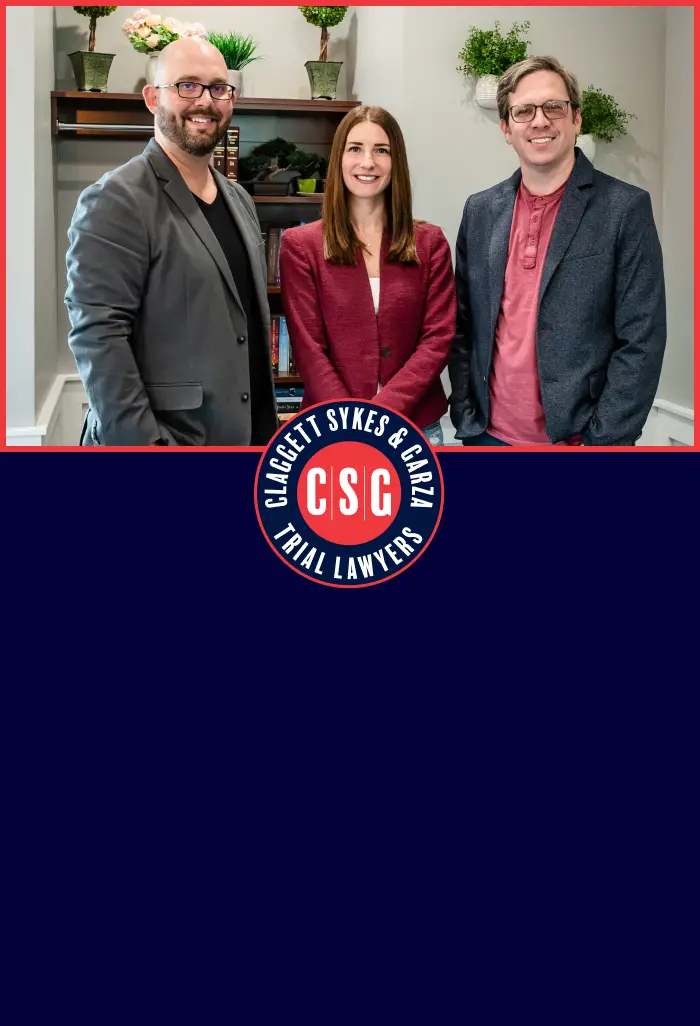
Let Us Fight for Your Rights and Maximize Your Compensation.
Proving Negligence in a Premises Liability Case
To establish liability in a premises liability case, it’s crucial to demonstrate the presence of negligence on the part of the property owner or occupier. This involves proving causation and establishing a duty of care.
Here are three key points to consider when proving negligence in a premises liability case:
- Duty of care: The first step in proving negligence is establishing that the property owner or occupier owed a duty of care to the injured party. This duty requires the owner or occupier to maintain the premises in a reasonably safe condition, warn visitors of any potential hazards, and take necessary precautions to prevent accidents.
- Breach of duty: Once the duty of care is established, the next step is to demonstrate that the owner or occupier breached that duty. This can be done by showing that they failed to address a known hazard, ignored maintenance issues, or neglected to warn visitors about potential dangers. It’s important to gather evidence such as photographs, witness statements, and any documentation that proves the owner or occupier’s negligence.
- Causation: Proving causation is essential in a premises liability case. It requires showing that the owner’s or occupier’s negligence directly caused the injuries suffered by the plaintiff. This can be challenging, as the defense may argue that the plaintiff’s actions contributed to the accident. However, by gathering evidence such as surveillance footage, accident reports, and expert testimony, it’s possible to establish a clear link between the negligence and the injuries sustained.
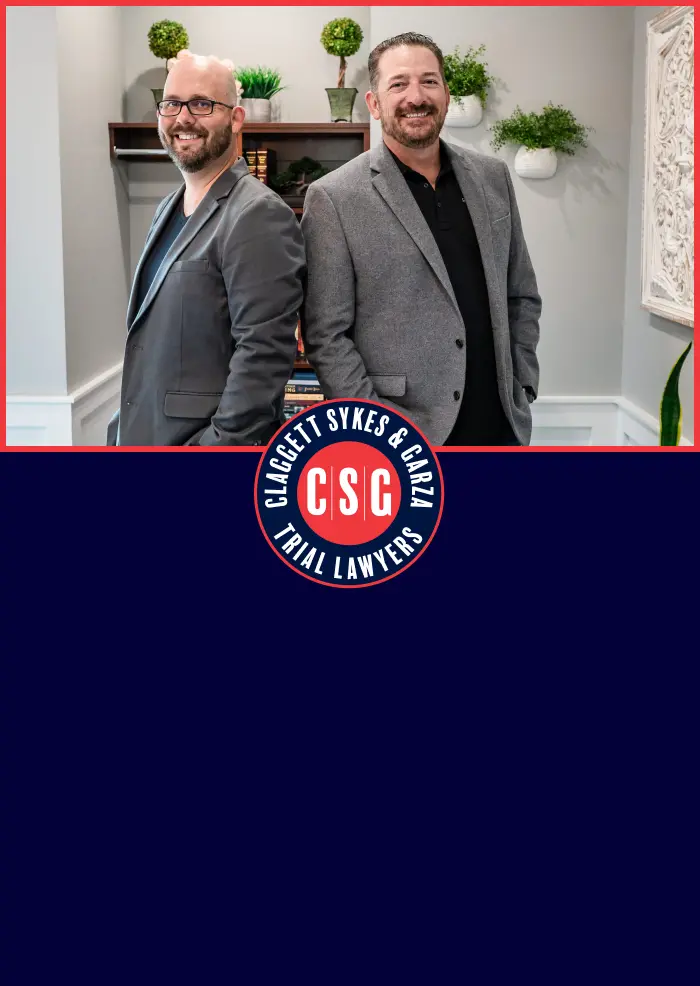
Experienced Personal Injury Lawyers Ready to Assist You.
Steps to Take After a Premises Liability Incident
After experiencing a premises liability incident, you must take immediate action. The first step is to report the incident to the property owner or manager, ensuring that it’s documented properly.
Next, you should gather as much evidence as possible, such as photographs, witness statements, and any relevant documents. Lastly, seeking legal advice is essential to understand your rights and options moving forward.
Reporting the Incident
When a premises liability incident occurs, it’s crucial to promptly report the incident to the appropriate authorities or property owner. Reporting the incident ensures that there’s an official record of what happened, which can be important for legal purposes.
It also allows the responsible party to take immediate action to address any hazards or unsafe conditions on the property to prevent further accidents.
To help you understand the importance of reporting the incident, here are three key reasons why it should be done:
- Legal documentation: Reporting the incident creates an official record that can be used as evidence in any legal proceedings that may arise from the incident.
- Property owner awareness: Reporting the incident notifies the property owner or manager about the incident, ensuring they’re aware of any potential safety issues that need to be addressed.
- Timely medical attention: Reporting the incident allows for prompt medical attention and treatment, ensuring that injuries are properly documented and addressed.
Gathering Evidence
After promptly reporting the incident, the next important step to take after experiencing a premises liability incident is to gather evidence that can support your case. Gathering evidence is crucial in establishing the facts and proving negligence or fault on the part of the property owner or manager.
Documentation plays a vital role in this process. It’s essential to document the incident scene by taking photographs or videos. Capture any hazardous conditions, such as a wet floor, broken stairs, or inadequate lighting.
Additionally, gather contact information from any witnesses present at the time of the incident. Their testimonies can strengthen your case. Keep all medical records, bills, and receipts related to your injuries, as they can serve as evidence of the damages you have suffered.
Seeking Legal Advice
To ensure the best possible outcome for your premises liability case, it’s crucial to seek legal advice promptly after experiencing an incident. Consulting with a lawyer who specializes in premises liability law can provide you with the guidance and support needed to navigate the complex legal process.
Here are some factors to consider when choosing a premises liability lawyer:
- Experience: Look for a lawyer with extensive experience handling premises liability cases. They’ll have the knowledge and expertise necessary to effectively represent your interests.
- Reputation: Research the lawyer’s reputation in the legal community. Read reviews and testimonials to get a sense of their track record and client satisfaction.
- Communication: Choose a lawyer who communicates effectively and keeps you informed throughout the process. Open and clear communication is essential for a successful attorney-client relationship.
Seeking Compensation for Your Damages and Injuries
Compensation for damages and injuries sustained in a premises liability incident can be pursued through legal avenues with the assistance of a skilled lawyer. If you have been injured due to the negligence of a property owner or manager in Scotland, CT, you may be eligible to seek compensation for your losses. Filing a lawsuit can help you recover damages for medical expenses, lost wages, pain and suffering, and other related costs. Here are three key points to consider when seeking compensation for your damages and injuries:
- Compensation Eligibility: To determine if you’re eligible for compensation, you must establish that the property owner or manager was negligent in maintaining their premises. This means proving that they failed to provide a safe environment, knew about the dangerous condition, and didn’t take reasonable steps to address it. Consulting with a premises liability lawyer can help you understand if you meet the eligibility criteria for compensation.
- Filing a Lawsuit: If you believe you have a valid claim, it’s crucial to file a lawsuit within the designated time frame, known as the statute of limitations. In Connecticut, the statute of limitations for premises liability cases is generally two years from the date of the incident. Failing to file within this timeframe may result in your claim being dismissed. Seeking legal representation early on can ensure that your lawsuit is filed correctly and in a timely manner.
- Proving Damages: To recover compensation, you must prove the damages and injuries you have suffered as a result of the premises liability incident. This includes gathering evidence such as medical records, photographs, witness testimonies, and any other relevant documentation that can support your claim. A skilled premises liability lawyer will help you build a strong case by collecting and presenting the necessary evidence to demonstrate the extent of your damages.
Seeking compensation for your damages and injuries requires a thorough understanding of the legal process and the ability to navigate complex legal proceedings. By working with an experienced premises liability lawyer, you can increase your chances of obtaining the compensation you deserve.
Securing Compensation with Expert Legal Assistance
Understanding premises liability laws in Scotland, CT, is crucial for those who’ve been injured on someone else’s property. Common types of accidents and injuries can range from slip and falls to inadequate security.
Proving negligence in a premises liability case requires evidence that the property owner failed to maintain a safe environment. If you find yourself in such a situation, seeking the help of a Claggett, Sykes & Garza premises liability lawyer can greatly assist in seeking compensation for your damages and injuries. Contact us for a free consultation today.
